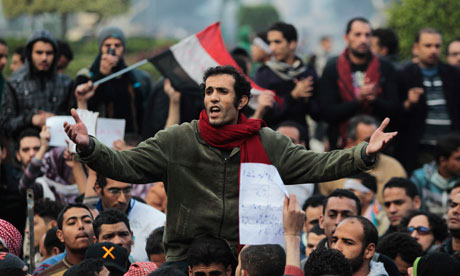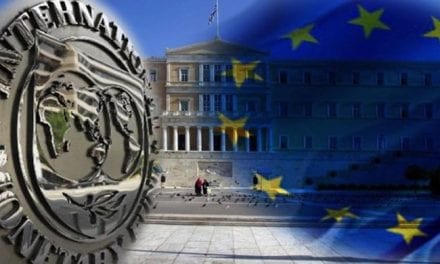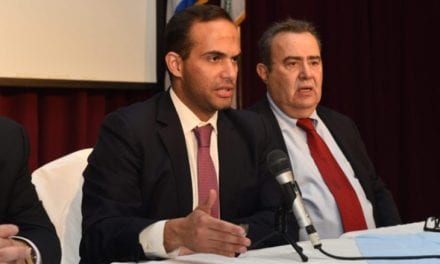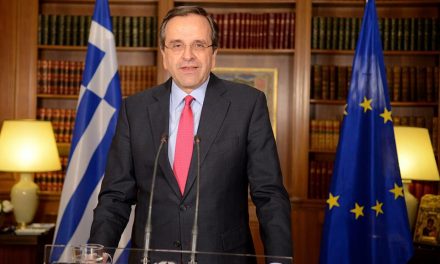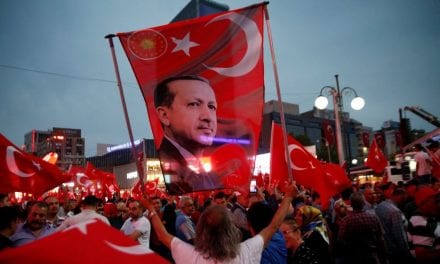By Leila Fadel
Thousands of Egyptians gathered in the center of Cairo on Friday in what was being deemed the “Friday of determination,” and is expected to be larger than any protest since the uprising last winter that ousted President Hosni Mubarak.
By noon, Tahrir Square, the symbol of Egypt’s revolution, was packed with people and vendors. Demonstrations were peaceful, but the past two weeks have been tense, with many Egyptians growing more angry over what they consider a lack of justice for the more than 845 people killed during the uprising.
So far only one non-commissioned police officer from Mubarak’s era has been convicted for the attacks that killed hundreds of unarmed people. The officer was sentenced to death, but is outside the country and the sentence cannot be enforced.
No other officers, or officials from Mubarak’s era, have been found culpable for the deaths of protesters, But more than 7,000 Egyptian civilians were tried and convicted in quick military tribunals, causing an outcry from human rights activists.
Protesters have clashed violently with police multiple times in recent days. Public anger grew as Mubarak-era ministers were acquitted on corruption charges, and police officers in Suez who had been accused of killing protesters were released on bail.
In anticipation of Friday’s protest, Egyptian authorities tried to calm the rage. Interior Minister Mansour el Essawi promised to reshuffle the ministry that oversee police and sack hundreds of police officers and generals connected to harsh attacks during the uprising.
On Thursday, 25 officials from Mubarak’s government were charged with manslaughter, attempted murder and assault in connection to an organized attack in February attack during which assailants charged the crowd in Tahrir square on horses and camels. Those accused include the speakers of both houses of parliament and members of parliament from Mubarak’s National Democratic Party, as well as cabinet ministers and business people.
But many people say the measures are not enough, and on Friday they were determined to resurrect the revolution. People gathered in the square for the popular, communal noon prayers, which are similar to Sunday church services for Christians.
In unison, they bowed and prostrated themselves. “All hands are one hand, we are all one hand,” the imam, or prayer leader, said. He then called for justice to be done.
Large protests were also reported in the Red Sea resort town of Sharm-el-Sheik, where Mubarak is living, and in Suez, where the first protesters were killed in the uprising months ago.

